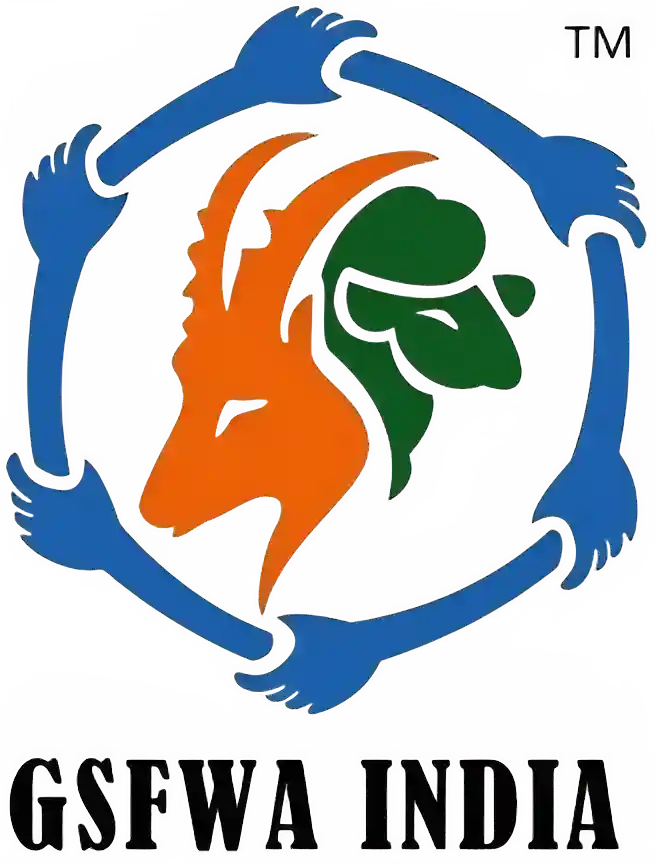In the pursuit of fostering economic sustainability and empowering rural communities, the Indian government has long championed initiatives to support sheep and goat farming. Despite the noble intentions and substantial subsidies provided by the government, a staggering 80% of farms established with such support have shuttered within the last two decades. This alarming attrition rate underscores systemic challenges that jeopardize the viability of this vital agricultural sector.
The critical gap in the support ecosystem is the absence of a comprehensive training program. While financial incentives can kickstart operations, sustainable success hinges upon knowledge, skills, and best practices. A robust training program should encompass every facet of the farming venture, from initial setup to ongoing management and expansion strategies. Accessible, hands-on training modules led by seasoned practitioners can impart invaluable insights and equip farmers with the tools to mitigate risks, optimize productivity, and adapt to evolving market demands. Moreover, fostering a community of practice where farmers can share experiences, troubleshoot challenges, and access ongoing mentorship can further fortify their resilience and prospects for long-term success.
Beyond training deficiencies, another significant stumbling block lies in the procurement of animals. Many subsidy beneficiaries source their livestock from unorganized rearers and traders, inadvertently exposing themselves to a host of risks, including disease prevalence, genetic inferiority, and lack of traceability. The absence of quality assurance mechanisms and transparent supply chains exacerbates these vulnerabilities, compromising the health, productivity, and marketability of the herds.
To address these systemic shortcomings, policymakers must adopt a multifaceted approach that transcends mere financial incentives. A paradigm shift towards holistic capacity-building initiatives is imperative, wherein training and technical assistance assume primacy alongside financial support.
Furthermore, efforts to formalize and professionalize the supply chain are paramount. Establishing accredited procurement channels, promoting certified breeding programs, and incentivizing adherence to quality standards can instil confidence among farmers and consumers alike. The government should initiate a program to recognize all such organized breeders across India, who run their breeding programs strictly adhering to the prescribed scientific guidelines. All similar subsidy programs must be introduced with the condition of sourcing such animals from farms recognized by the government.
Embracing digital technologies such as blockchain-enabled traceability systems can enhance transparency, accountability, and trust across the value chain, bolstering the sector’s credibility and competitiveness on domestic and international fronts.
- Phone: +91-86071 38999
- info@gsfwa.org
- Monday to Satuday : 10 AM - 6 PM


